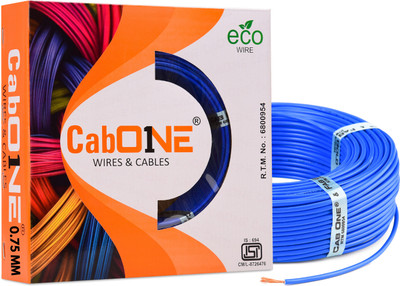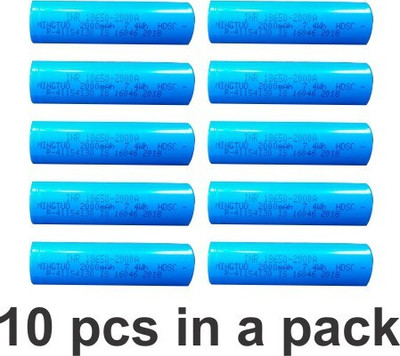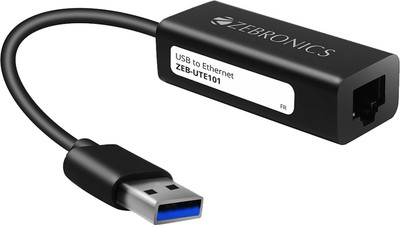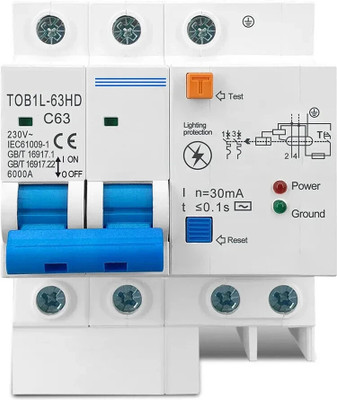
ELSUN Solar Connector Pack of 10 Solar Connector Wire Connector (Black, Pack of 1)
Share
ELSUN Solar Connector Pack of 10 Solar Connector Wire Connector (Black, Pack of 1)
Be the first to Review this product
₹660
₹1,299
49% off
Available offers
T&C
T&C
T&C
T&C
Delivery
Check
Enter pincode
Delivery by3 Sep, Wednesday
?
if ordered before 2:59 PM
View Details
Services
- Cash on Delivery available?
Seller
Description
A solar connector is a type of electrical connector used to link solar panels together or connect them to other components in a photovoltaic (PV) system, such as inverters, charge controllers, or batteries. These connectors are essential for ensuring efficient, safe, and weather-resistant electrical connections in solar power systems.
Common Features of Solar Connectors:
Standard Type: The most widely used type is the MC4 connector (Multi-Contact, 4mm), which has become the industry standard for most modern solar panels.
Weatherproof: Designed to be UV-resistant, waterproof, and dustproof, typically rated IP67 or IP68.
Locking Mechanism: Usually feature a secure locking system to prevent accidental disconnection.
Polarity Markings: Clearly marked positive (+) and negative (−) terminals to ensure correct installation.
High Voltage and Current Ratings: Typically rated for up to 1000V or 1500V DC and 20A to 30A, depending on the model.
Durability: Made from high-quality plastic (e.g., PPO or PC) and tinned copper contacts for long-term outdoor use.
Types of Solar Connectors:
MC4 Connectors (most common)
MC3 Connectors (older generation, mostly obsolete)
Tyco Solarlok Connectors
Amphenol H4 Connectors
Helios H4 and SMK types (less common)
Applications:
Connecting individual solar panels in a series or parallel configuration.
Linking solar panels to combiner boxes, inverters, or charge controllers.
Extending solar cable runs in residential, commercial, or off-grid solar systems.
Read More
Specifications
In The Box
| Pack of |
|
General
| Brand |
|
| Model Number |
|
| Type |
|
| Material |
|
| Color |
|
| Net Quantity |
|
Be the first to ask about this product
Safe and Secure Payments.Easy returns.100% Authentic products.
Back to top








